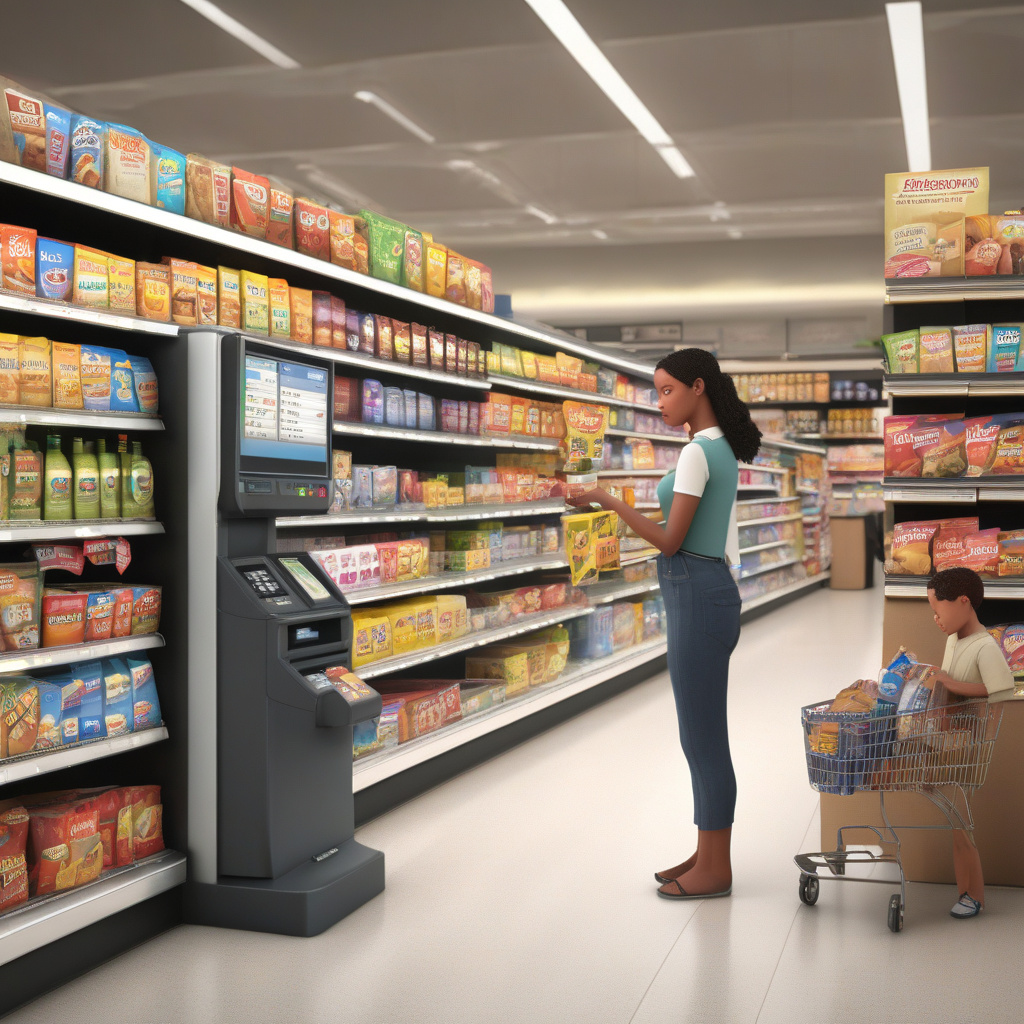Grocery Technology Blamed for Price Gouging: What’s Behind the Accusations?
In a recent turn of events, Michigan Congresswoman has made a bold claim that electronic labeling and surveillance technology are being utilized by grocery stores to engage in price gouging. This accusation has sparked a significant debate within the retail and technology sectors, raising questions about the ethical implications of leveraging advanced technologies in the grocery industry.
The Congresswoman alleges that grocers are taking advantage of digital tools, such as electronic labeling systems and surveillance cameras, to manipulate prices and overcharge consumers. While these technologies are intended to streamline operations, improve efficiency, and enhance the overall shopping experience, it appears that some retailers may be using them for less noble purposes.
Electronic labeling systems, for instance, allow stores to update prices in real-time without the need for manual adjustments. This not only saves time for employees but also enables retailers to respond swiftly to market changes and promotions. However, if these systems are misused or manipulated, they could potentially be exploited to inflate prices and deceive customers.
Surveillance technology, on the other hand, plays a crucial role in ensuring store security and preventing theft. By monitoring activities in-store, retailers can identify suspicious behavior, enhance safety measures, and protect their assets. Nevertheless, there are concerns that this technology could be misapplied to track customer behavior, gather data without consent, or even implement dynamic pricing strategies based on individual shopper profiles.
The intersection of grocery technology and consumer trust is a delicate balance that retailers must navigate carefully. While digital innovations offer numerous benefits for both businesses and customers, they also introduce new challenges and vulnerabilities that need to be addressed. Transparency, accountability, and ethical practices are essential to maintaining a positive relationship with shoppers and upholding the integrity of the retail industry.
In response to these allegations, industry experts emphasize the importance of implementing robust safeguards and regulations to prevent potential abuses of technology. By establishing clear guidelines, conducting regular audits, and fostering a culture of compliance, retailers can mitigate the risk of price gouging and uphold fair pricing practices.
Moreover, consumer awareness and advocacy play a crucial role in holding businesses accountable for their actions. By staying informed, asking questions, and reporting any suspicious activities, shoppers can contribute to creating a more transparent and ethical retail environment.
As the debate continues to unfold, it is evident that the convergence of technology and commerce requires a thoughtful and responsible approach from all stakeholders. By addressing concerns, promoting transparency, and prioritizing consumer interests, the grocery industry can harness the power of technology to drive innovation, enhance customer experiences, and build trust with the public.
In conclusion, the accusations of price gouging linked to grocery technology underscore the need for vigilance, oversight, and ethical standards in the retail sector. By leveraging digital tools responsibly and ethically, retailers can foster a climate of trust, integrity, and fairness that benefits both businesses and consumers alike.
grocery, technology, price gouging, retail, ethics
